All VALORANT ranks in order: Competitive ranking system explained
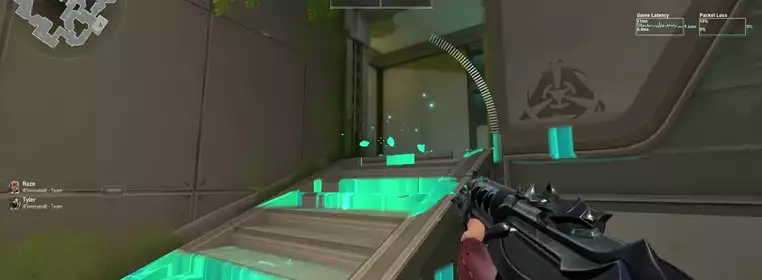
Learning the VALORANT ranks in order and how the game's ranked competitive mode works is vital if you intend to start competing against skilled players with the goal of rising up the ranks.
The VALORANT ranked mode is where players come to compete to earn a rank and climb the leaderboard to stand amongst the best in the game. It's worth noting this is different from the Premier Mode that is now available for teams of players, with ranked acting more like an introduction to the more competitive side of the experience.
On top of breaking down the VALORANT ranks in order, our guide covers all the questions you will have about the ranked mode, so read on.
- Check out the best VALORANT crosshair codes to ensure you're ready for ranked mode
All VALORANT ranks in order
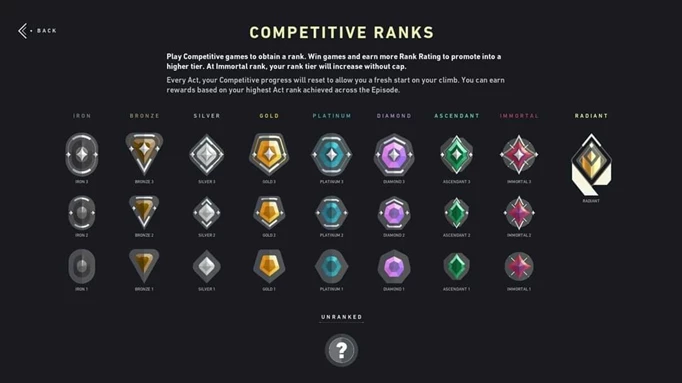
 Click to enlarge
Click to enlargeEach act in VALORANT gives you two months to compete in the ranked mode and climb the ranks. All of the 25 VALORANT ranks in order can be found below:
- Iron
- Iron 1
- Iron 2
- Iron 3
- Bronze
- Bronze 1
- Bronze 2
- Bronze 3
- Silver
- Silver 1
- Silver 2
- Silver 3
- Gold
- Gold 1
- Gold 2
- Gold 3
- Platinum
- Platinum 1
- Platinum 2
- Platinum 3
- Diamond
- Diamond 1
- Diamond 2
- Diamond 3
- Ascendant
- Ascendant 1
- Ascendant 2
- Ascendant 3
- Immortal
- Immortal 1
- Immortal 2
- Immortal 3
- Radiant
How to unlock VALORANT ranked mode
In order to unlock ranked mode in VALORANT, you'll first need to have played 20 unrated matches. These have to be unrated matches in the standard mode, so Spike Rush, or Deathmatch won't work here.
- Learn more about the VALORANT new agents in 2023
What is the highest rank in VALORANT?
As shown in the list above, Radiant is the highest VALORANT rank that players can achieve in ranked mode.
What ranks can play together in VALORANT?
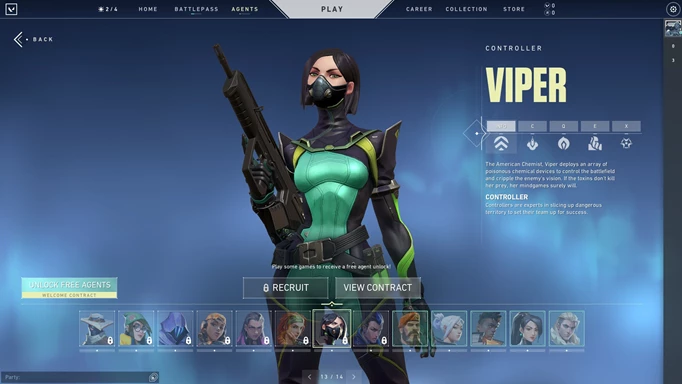
 Click to enlarge
Click to enlargeIf you are in a two or three stack on VALORANT, you'll need to ensure that you and your friend's ranks are compatible with each other. Here are the ranks that can play together in VALORANT:
- Iron and Bronze can play with Silver
- Silver can play with Gold
- Gold can play with Platinum
- Platinum can play with Ascendant
- Ascendant can play with Immortal
- Immortal can play with Radiant
The only way around this is if you play in a five stack, where the ranks of the players no longer matter, but you receive fewer points per game.
- Check out our VALORANT Agent tier list to see the best characters
VALORANT ranked system explained
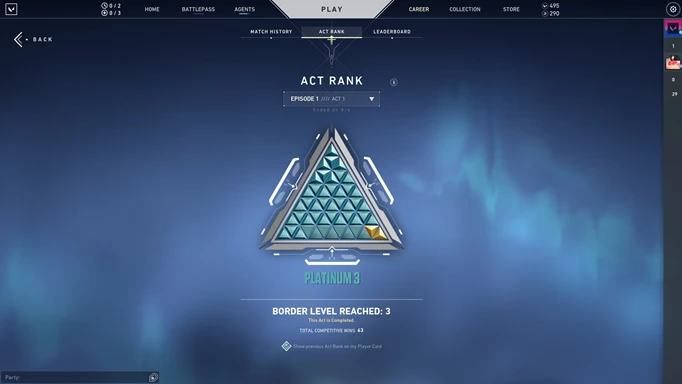
 Click to enlarge
Click to enlargeVALORANT's ranking system itself is where things can get a little complicated. In each Act, only your nine top wins will determine your Act Rank Badge and the border associated with it. That means two things:
- If you win nine games at an Immortal rank and, immediately after, drop into Gold rank, you will still be considered Immortal for the sake of rewards for this Act
- This means that playing with friends on your main account becomes a lot less punishing once you’ve hit your goal. Keep in mind that you might still want to maintain your MMR for future seasons, which, as Riot has stated, will transfer
- You can push your old games from a lower rank out by performing better than your top nine games that you’ve accrued this Act
Keep in mind that placement games do not count towards your Act Rank. Only once you’ve finished your placements will your wins in that respective Act Rank contribute a rectangle.
Additionally, the Act Rank Border changes based on the number of games you’ve played in each respective Act. You are able to access your Act Rank history through your profile.
NOTE: The Ascendant rank was only added in Episode 5 in June 2022. This was added by Riot to change the rank distribution, as many players in Gold and Platinum weren't properly represented.
- Here's how to get the circle crosshair in VALORANT to use in your next ranked match
How many placement matches do you need to play ranked in VALORANT?
You will initially need to play five placement matches in order to get your first rank in VALORANT competitive. After that, each new season will only require three wins to display your new rank.
What is MMR in VALORANT?
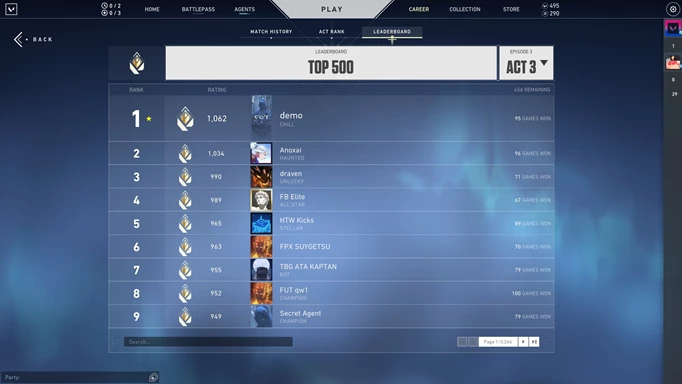
 Click to enlarge
Click to enlarge

 Click to enlarge
Click to enlargeMatchmaking Rating (MMR) is an invisible number that assesses your level of play behind the scenes. While it will be correlated with your in-game rank, especially in the very beginning, it will either be ahead or behind your real placement, moving you toward the ranking you really deserve.
- At the start, it’s possible that your MMR very quickly places you as an Immortal, but you’ll need to play a large number of games to arrive at your destination
- While VALORANT doesn’t give you numerical indicators of how much you gained, it does give you arrows to look at to see just how much your rank has changed based on your performance in the match. It’s worth keeping an eye on this indicator
Upon VALORANT's full release, Riot stated that all beta progress has been reset, suggesting that MMR was part of that. Anecdotally, and by the strength of the opponents we faced, this seems to be true.
MMR matters as it's an evaluation of your skill, determining your trajectory in the pursuit of higher rankings. It decides who you get teamed up with and who you play against.
You will likely have noticed that you've had lower-ranking players on your team that still could hang with the rest - that is because their rank has not caught up to their MMR, which is likely roughly equal to yours.
- Sick of being on the losing side? Here's how to surrender in VALORANT
What contributes towards your VALORANT rank?
You’ve likely had experiences in other games in which you finished your placement matches with an equal score to your friend, yet they ranked higher than you. Given what we know about the ranking system in VALORANT, this could be based on two factors: either your individual MMR was lower than your friends based on how they performed in their normal matches, or they had better individual performances in their ranked matches.
Another crucial aspect to understand, in order to get the most out of your rating, is that VALORANT's ranking system relies on more than just a win-loss ratio to evaluate your play - your individual performance is also taken into account.
While no specifics are known, it is likely to at least be loosely correlated with your Match Score, which is made up of a formula rating your performance based on (First) Kills, (First) Death, Econ Rating and so on. As such, consider the following when trying to build your rank in VALORANT.
- While it may sound obvious, your first goal should always be to win matches. This is because you’re unlikely to meaningfully outperform the loss of your rating from a lost match by the rating you will gain based on your individual performance. A player that gains ratings consistently is the one that makes plays, which in turn, allows them to win the most matches
- Playing aggressively might boost your individual performance score by getting more kills, but you have to have the skills to back it up when flying around the corner. Calm and calculated plays will less often throw rounds away, leading to a consistent rating gain in the process
- However, if you're a player that gets a lot of value out of playing aggressively, it is, of course, advised to do so
How are teammates chosen in VALORANT ranked?
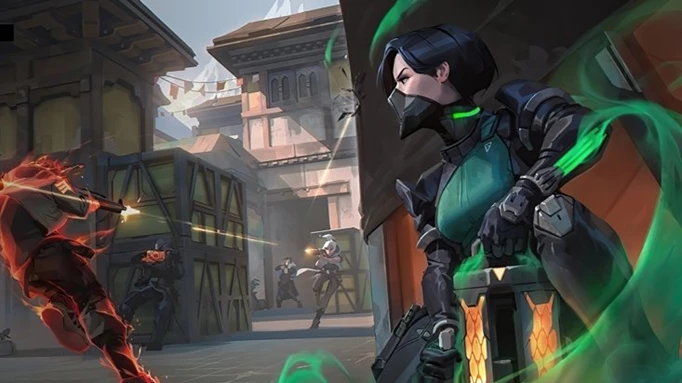

Each team will have an aggregate MMR rating which will determine team strength (potentially with some unknown modifiers), and the matchmaker will try to put you against opponents of equal skill level, but will sometimes fail to do so.
In these cases, you will gain more MMR and rank from winning if you’re the underrated team while you will lose less in the case of defeat.
Another factor in aggregating MMR ratings per team is the group size that everyone is queueing with. While again, specifics are unknown, it is likely that Riot will first try to find a stack of a similar size and strength and put you in a match against them.
If this fails within a reasonable time frame, you will be matched against solo queue players who are likely ranked higher than you are but lack the bonus of team play to even out the match.
- If you're finding the game's default FOV not to your liking, here's exactly how you can change FOV in VALORANT
How does queueing with a team affect VALORANT ranked?
Because of the aforementioned information, it is paramount that you and your friends do your best to work together as a team. The system likely has an inherent weight attached to stacks, and it seems to expect you to perform better than a group of random players of equal skill thrown together. If you don’t exceed the effectiveness of that value, you will have a hard time climbing in with a group of friends at some point.
In a game like VALORANT, playing together is of the utmost importance, and the higher your rank, the less your individual skill will matter - especially as long as Riot Games decides to run with these flexible queues.
Therefore, the best way to climb is with a group of friends at a similar skill level that are eager to play a team setup. The beauty (and for some, the beast) of this system is that you can absolutely outperform your individual skill rating by being more effective as a team than the matchmaker expects you to.
If you see top players bemoaning the fact that flexible queues from between one and five players exist, it’s because these pros have internalised the importance of team play and will reliably outperform expectations based on their team play.
So, there's everything you need to know about VALORANT's ranked mode. Now you know everything there is to know about VALORANT ranked, be sure to visit our homepage for all the latest news or guides, or check out how to copy a crosshair in VALORANT.
